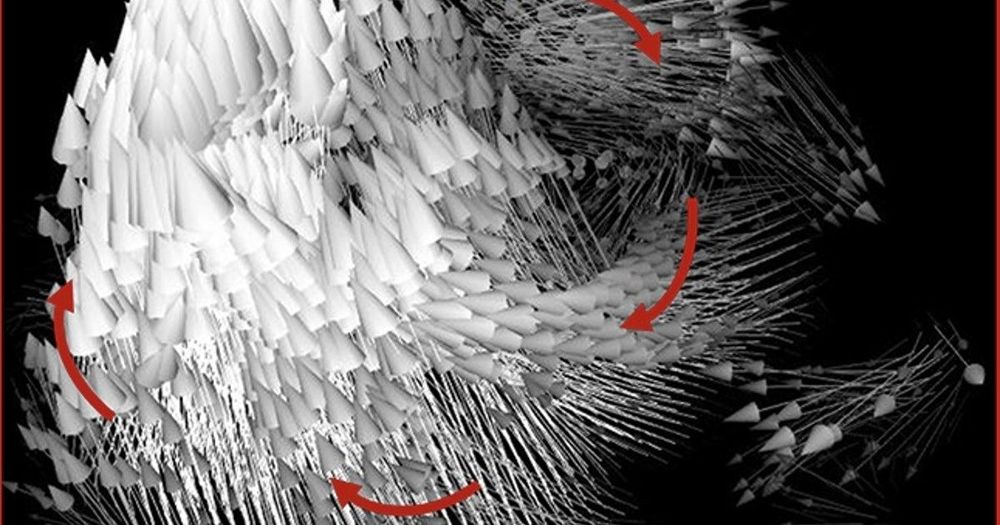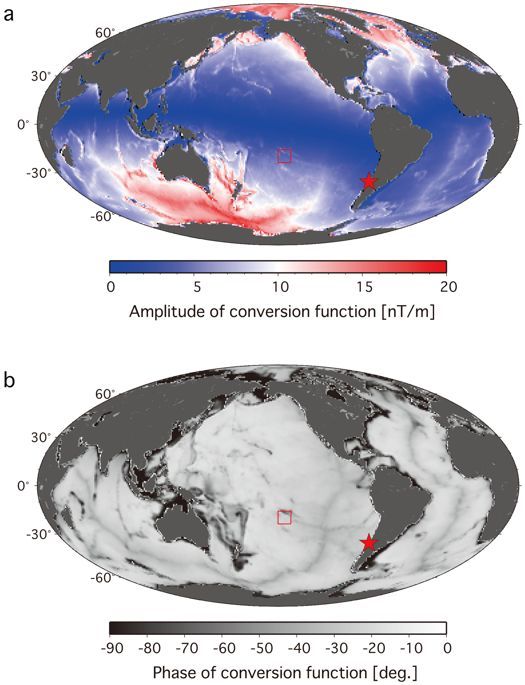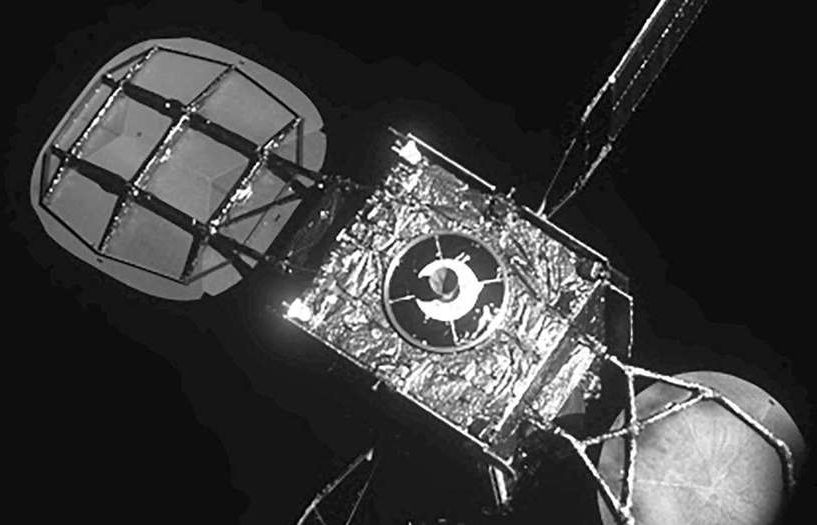Scientists at the U.S. Department of Energy’s Lawrence Berkeley National Laboratory (Berkeley Lab) have made a surprising discovery that could help explain our risk for developing chronic diseases or cancers as we get older, and how our food decomposes over time.
What’s more, their findings, which were reported recently in the Proceedings of the National Academy of Sciences (PNAS), point to an unexpected link between the ozone chemistry in our atmosphere and our cells’ hardwired ability to ward off disease.
“The beauty of nature is that it often decides to use similar chemistries throughout a system, but we never thought that we would find a common link between atmospheric chemistry, and the chemistry of our bodies and food,” said Kevin Wilson, the deputy director of Berkeley Lab’s Chemical Sciences Division who led the study. “Our study is the first to explore another chemical pathway that might affect how well the cells in our bodies — and even our food — can respond to oxidative stress, such as pollution, over time.”

















